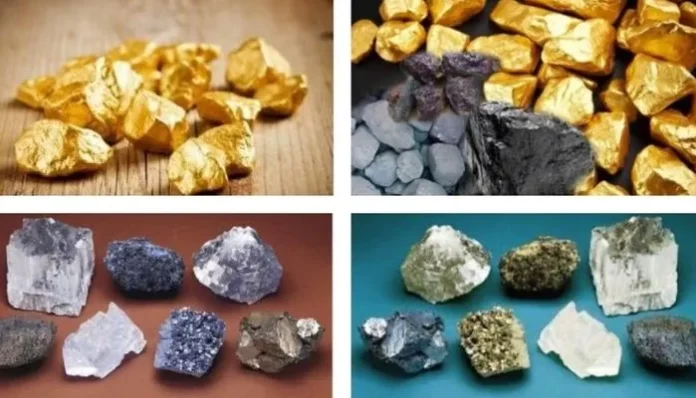The World Bank has challenged President John Dramani Mahama’s administration to leverage its substantial electoral mandate and parliamentary majority to transform Ghana’s natural resource endowment from a curse into a national blessing.
In its 2025 Policy Notes titled “Transforming Ghana in a Generation,” the Bretton Woods Institution argues that the current government possesses unique political capital to implement bold reforms addressing decades of resource mismanagement.
“With a strong popular mandate and a significant parliamentary majority, the new government is uniquely positioned to lay the foundations to foster broader-based economic growth and structural transformation,” the report states.
The assessment comes as Ghana works to complete debt restructuring following its 2022 economic crisis. Despite rich endowments of gold, cocoa, oil, and gas, the country continues experiencing persistent poverty and inequality that analysts attribute to poor resource governance.
The World Bank emphasized that breaking Ghana’s resource curse cycle requires more than extraction activities. Success depends on transparent revenue management, sustainable debt practices, and strategic investments impacting citizens’ daily lives.
“The prime goal for the government is to step up with greater governance and transparency to place public debt on a sustainable path, convert the natural resource curse into a blessing, and regain the trust of its citizens,” the report noted.
Ghana’s demographic profile adds urgency to the reform imperative. The World Bank projects that 500,000 young people will join the labor force annually, expanding the working population to nearly 7 million by 2030.
Properly managed, this demographic dividend could power sustained economic growth for a generation. However, mishandled youth employment challenges could fuel unemployment, social frustration, and political instability.
The institution warns that Ghana faces a critical crossroads in its socio-economic development trajectory. With strong political capital, the administration can establish foundations for structural transformation that future governments can build upon.
Current economic indicators present mixed signals. While the government has implemented fiscal discipline measures, poverty projections remain concerning, with rates expected to reach 51.2 percent by 2027 according to World Bank data.
The report suggests Ghana could sustain annual growth rates exceeding 6.5 percent and triple per capita incomes to $6,600 by 2050 through strategic investments in education, skills development, and comprehensive economic reforms.
However, recent government decisions reflect cautious fiscal management. Ghana has frozen multiple World Bank-funded projects worth hundreds of millions of dollars to prevent further debt accumulation, demonstrating commitment to debt sustainability.
The Mahama administration has emphasized transparency and institutional independence, with the president reiterating government commitment to ensuring the Bank of Ghana operates free from political interference.
International observers note that Ghana’s reform agenda success depends on sustained political will and international community support for ongoing debt restructuring processes.
The World Bank’s assessment reflects broader recognition that Ghana’s natural wealth represents tremendous potential for national development if properly governed through transparent institutions and strategic long-term planning.
The institution’s challenge to the current administration represents both opportunity and responsibility, requiring bold policy decisions that balance immediate economic stabilization with long-term structural transformation objectives.
Source: newsghana.com.gh










